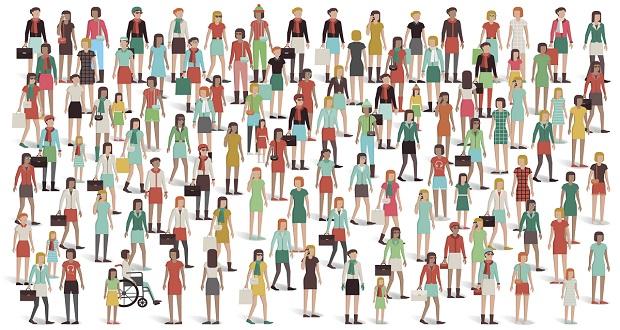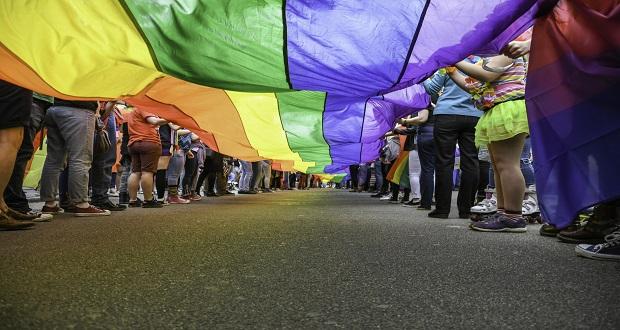
Imagine being punished for reading or writing. What would life be like? Would you be able to support yourself or your family? How would you navigate the world if you couldn’t read or write? Or what if you had to hide the fact that you knew how to read or write? Could you keep it a secret?
Unfortunately, many enslaved Black people in the United States didn’t have to imagine this horrific experience, because it was their reality. Southern slave states enacted anti-literacy laws between 1740 and 1834, prohibiting anyone from teaching enslaved and free people of color to read or write. Black people were not allowed to read, write, or even own a book because of anti-literacy laws. Consequences ranged from fines to imprisonment, lashes, and even death. Black people have been innovative in promoting generational literacy past and present despite prohibition and continued obstacles. Let’s review a few examples as we honor Black Reading Month.
The Secret School
Mathilda Beasley is a literacy champion who dedicated her life to teaching Black children to read and write. She opened a secret school in 1887 that operated as an “orphanage” for enslaved and free children of color. She risked her safety and freedom to teach Black children to read and write. Like so many others, Beasley knew the value and significance of literacy. She knew it was the key to freedom and opportunity, so she risked her liberty to educate our children.
The Floating Freedom School
Much like Beasley, John Berry Meachum designed an ingeniously clever plan to bring literature to Black people. He was forced to close a school he founded because of an 1847 Missouri statute that outlawed education for Black people, enslaved or free. However, he reopened the school outside of the jurisdiction of the state of Missouri. The Floating Freedom School was established on a steamboat on the Mississippi River in 1847. By establishing a steamboat school in the face of unjust laws, Meachum demonstrated his willingness to educate Black people by any means necessary.
He embodies that same fearless spirit that Beasley possessed. In the face of adversity, they stepped up. Meachum and Beasley paved the way for LaVar Burton, who burst onto the literary scene over a century later.
‘Reading Rainbow’
LaVar Burton hosted the critically acclaimed and beloved Reading Rainbow TV series from 1983 to 2006. Reading Rainbow promoted reading and literacy among children. Each episode featured a different book being read aloud, along with related activities and field trips that encouraged children to explore the world of literature. To see a dark-skinned Black man from Sacramento, California, on national TV promoting literacy and research was incredible. Furthermore, Burton was the face and voice of the show, the movement, and the generation. For 23 years we watched a Black man read, talk about books, travel the world, and promote reading to citizens across the country. Burton showed us how reading and books could enhance our lives. He showed us the possibilities and opportunities that we can access through reading.
It felt like we were worlds apart from anti-literacy laws. But were we? Are we in present day?
Black Literacy: The Impact Now and in the Future
Anti-literacy laws are a thing of the past, but book bans are not. There are other barriers to Black literacy. However, Reading Rainbow, efforts to reverse and prevent book bans, and the introduction of AP African American History are indicators that we’re headed in the right direction. We have overcome, but we are still fighting adversity at every turn.
With the technological boom, we control our narrative with our podcasts, publishing companies, production companies, businesses, nonprofits, programs, stories and more. So, we have seen improvement. There is a testament to assure a better today exists than our terrible yesterday. We have progressed, regressed, and stalled. But as long as we breathe, we can move forward and ensure that our future is better than our past.



















